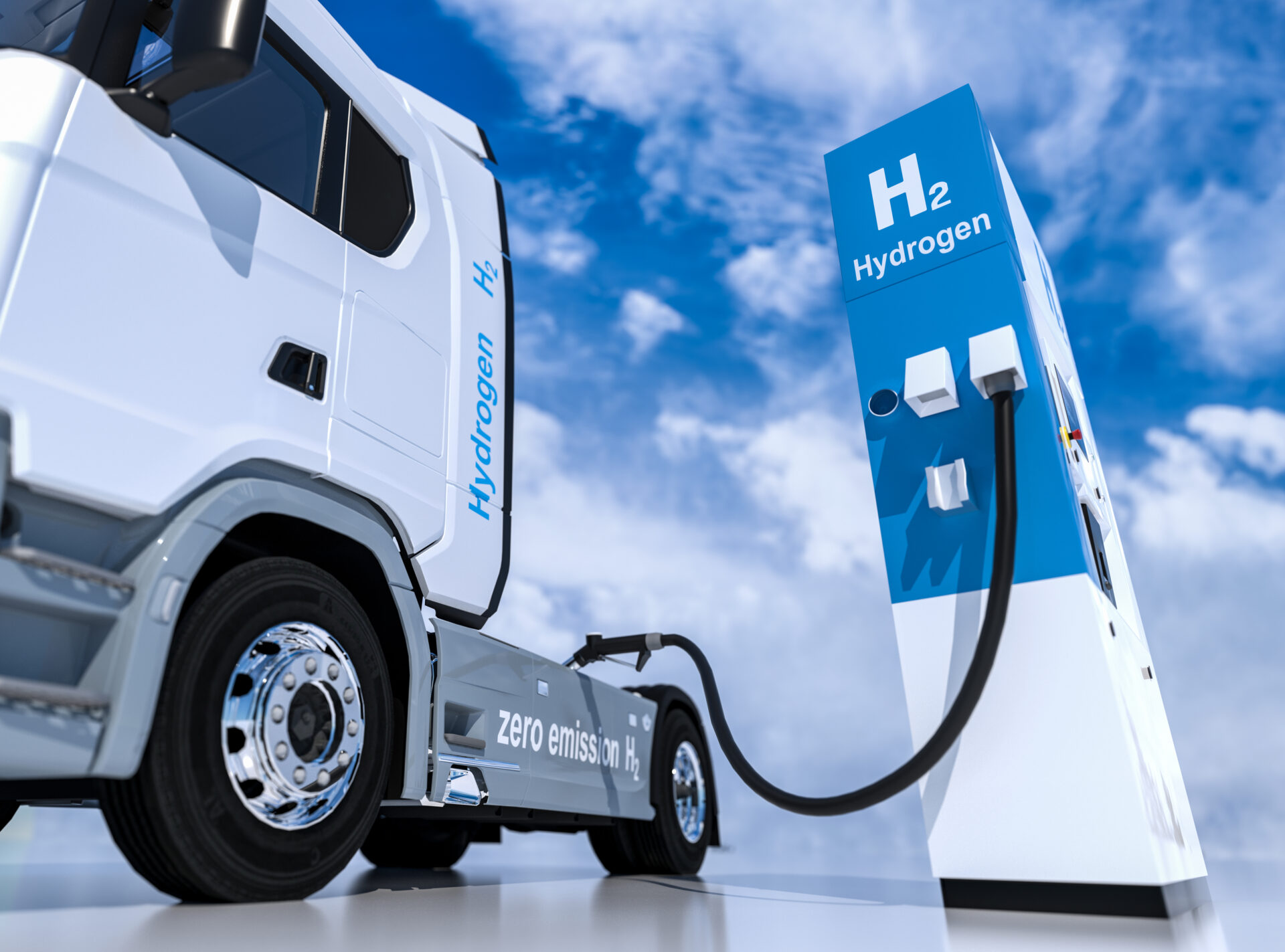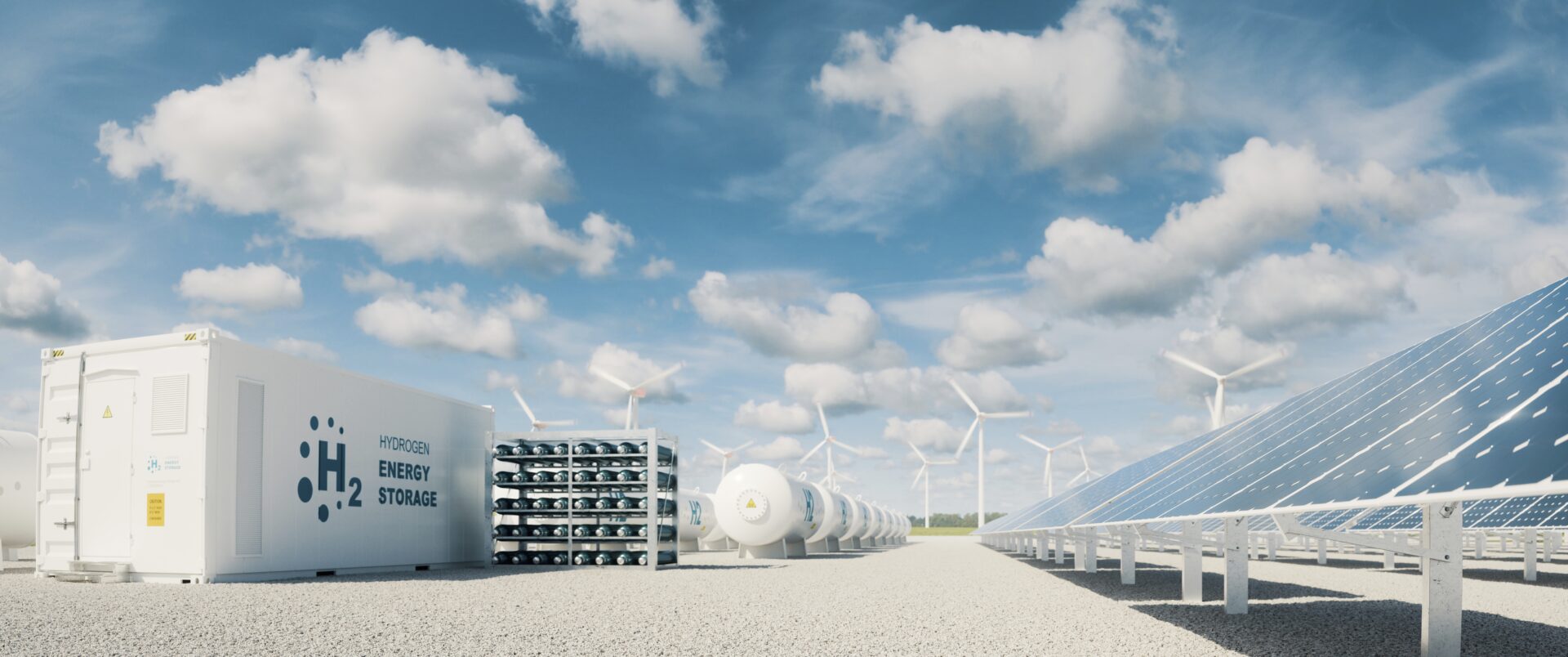Energy Transition
From traditional Fossil fuels
The global energy sector is shifting from traditional fossil-based systems to renewable energy. Once vehicles powered by fossil fuels are banned, hydrogen is an excellent alternative fuel to replace fossil fuel trucks, cars, forklifts, and buses. Additionally, green hydrogen represents an energy carrier in hard-to-decarbonize sectors.


Storage methods
Although renewable energy sources are predictable and endless, the downside is that their availability is strongly affected by weather conditions which result in daily and seasonal fluctuations. Thus, different storage methods are essential to deal with both daily and seasonal fluctuations. Currently, daily fluctuations are addressed with short-term storage methods, such as batteries.
Hydrogen
One potential long-term storage method is to store surplus electricity in a chemical form such as hydrogen. Hydrogen is the most abundant element in the universe and in the Earth, it mainly exists combined to oxygen in the form of water.
Green hydrogen is produced through an electrolyser powered by renewable electricity that split hydrogen and oxygen gas.
Hydrogen has enormous storage potential. It generates up to 3 times more energy per Kg than conventional fossil fuel.
Today, many car manufacturers have chosen to store hydrogen under high pressure in the form of a gas. With the aid of this technology, it will be possible for fuel cell-powered vehicles to go 500–600 kilometers between fill-ups.
